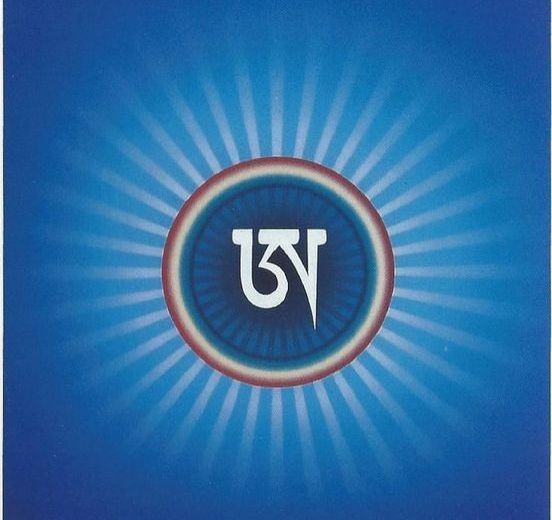LETTER FROM PEMA KHANDRO
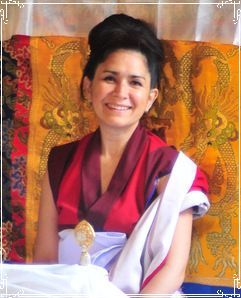
It has been a long time since the beginning of the mindfulness movement began. It was catalyzed by groundbreaking early pioneers. For example, John Kabat-Zinn’s Mindfulness Based Stress Reduction programs in the 70’s and his inspiring book, Full Catastrophe Living, which was published in 1990. So much has changed since then. This was before the internet. It was before the internet became integrated with the fabric of our lives. This was before we were talking about the impacts of orientalism and colonialism in the appropriation of Buddhist traditions. This was before we were collectively thinking through the lens of trauma and addressing the question of why it is that we don’t always feel better when we meditate. This was before we were talking about power structures in teacher-student ethics. This was before the #metoo movement in Buddhism and before the collective awakening to racial trauma. This was before we had collectively woken up to the need for racial healing and diversity skills in the meditation class. These are defining concerns that change what the meditation teacher of the future is. It is why I developed the Meditation Instructor Training, with a deep wish to empower meditation teachers to meet the urgent and pressing contexts of our time.
Some things have remained the same since the beginning of the mindfulness movement. The persistent suffering, the emotional dysregulation that dominates a life, and the sense of disembodiment and alienation that can overshadow a life. The power of meditation to stabilize and heal the body and mind is only more and more evident due to so much research. It is clear to me that, perhaps more than ever, there is a great need for meditation instructors who can serve as a soothing balm in these troubled times. But there are all these new questions that must be cared for in the training of new meditation instructors, or they will be ill equipped and underprepared for the great challenges that await.
I originally initiated the Meditation Instructor Training with the intention in mind that Buddhist philosophy and ethics should be kept intact with meditation. As a scholar of Buddhist philosophy, I have long been impressed at how often people who were exposed to mindfulness training also longed to experience the fuller context of Buddhist philosophy and ethics. The curiosity and appetite for that knowledge is unending and I reimagined the training of the meditation instructor to return to that source material. Going beyond the artificial and ethnocentric construct of a secular/religious binary, imperative questions about the context of meditation loom large for meditators. What is meditation for? What is mind? How is our consciousness conditioned by our values and actions? What is the point of meditation? How do the obstacles to meditation relate to our identity, to our body and to our society? These are just a few of the issues that Buddhist philosophy and ethics weigh in on and why I felt that they must be taught in tact with the meditation methods that were shaped by these very concerns.
When Satya and Aruna joined me as co-teachers of the MIT, we developed the teaching into an online format to make it more accessible to people with full and demanding lives. I felt like we were standing together to face the challenge of nurturing and supporting the meditation instructors of the future.
Now as we are poised to begin our next cohort of training, I am also proud to celebrate that our training addresses those invisible yet overwhelming factors that sit alongside us on the meditation cushion. We are always doing meditation practice in the context of power, sexuality, race, trauma and technology. This is not just a training in techniques, but instead in the robust array of traditional Buddhist meditation practices in tact with philosophy and ethics along with a deep care for how meditation teaching and practice intersects with issues of power, sexuality, race, trauma and technology. We are training the meditation teachers of the future.
The beginning of this new program is cheerful news in a time when it is so easy to be overwhelmed by all the stories of suffering and sorrow that appear in our news feeds every day. I draw encouragement and relief from this beautiful project of creating empowered meditation instructors. It gives me great relief to know that they will be leaders that bring compassion, care and wisdom to a world that so sorely needs it and to know that they will be prepared and ready to meet the turbulent times ahead.
With joy,
MEDITATION INSTRUCTOR TRAINING
What People are Saying about Meditation Instructor Training
“I can’t imagine a better, more thorough teacher training available to people online. The ease of being in the comfort of our home is amazing. The depth of the dharma teachings are brilliant, it goes far beyond a simple meditation training class. It is an immersion into Buddhist thought in a deeply experiential way. WELL DONE!”
-Zat B., Men’s Coach
“I enjoyed all of the lectures with Pema Khandro. She is really clear in her way. I also enjoyed the practicums with Satya and Aruna. They helped me to feel really welcome and free to ask questions for the purpose of learning. I would recommend this training. It was good for me to begin to understand a framework for all of this wisdom.”
-Jonathan M., Software Product Manager
“I enjoyed the guided meditation practice. It was very good for me to get back into a strong daily practice. It is very beneficial as a student and prospective teacher. There is a lot of great curriculum and the teachers are very accessible and knowledgeable.”
-Doug S., Real Estate Broker
“This course was superbly done, and so much more than I could have expected. It was wonderfully rigorous—which contributed to my respect for the process and my motivation along the way—and, at the same time, totally doable. The lesson series was comprehensive and left me feeling extremely well-prepared.”
-Debbie K., College Professor
Meditation Instructor Training
With Pema Khandro, Aruna Rig’dzen, & Dr. Satya
Oct 30th 2021 – Feb 26th 2022
- Robust, 150 hours of In-Depth Training
- Self-Paced Curriculum & Live Classes
- Teaching Practicum & Weekly Mentoring
- Traditional Meditation + Buddhist Philosophy + Buddhist Ethics
- Completely Traditional + Completely Current
- For Teachers Facing A Diverse Tumultuous World
The Meditation Instructor Training supplies the fundamental knowledge and experience necessary to lead meditation classes and one-day meditation intensives.
From a Buddhist point of view, when we know how to meditate, we learn how to work with mind and emotions. We have a practice for unraveling conditioned scripts and unconscious habits. Meditation is a pathway to discovering human goodness by making peace with our mind. Ultimately, it is a method for getting free from dissatisfaction, resolving confusion and waking up to see reality more clearly.
UPCOMING EVENTS
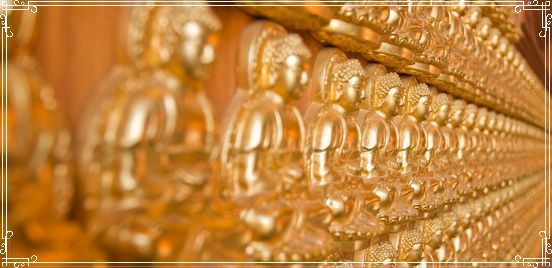
Daily & Weekly Programs
- Daily Meditation, Free Every Day at 12 PT / 3pm ET
- Vajrayana Training, Ngakpa Training, Open Teaching, and Umdze Training (Except during retreats and training or other special events) – Wednesday nights 6pm PT / 9pm ET
October
- Oct 30-Feb 26, 2022, Meditation Instructor Training
November
- Nov 1, Member Night with Pema Khandro, Details TBA
As more details roll out for our Upcoming Events, please visit the Event List Here.
SELF-PACED COURSES
Considered the practice most similar to our experience at death, Dream Yoga is about navigating in the real and unreal aspects of our experience without falling asleep to awareness. It is a practice of recognizing the nature of our minds.
This Teaching focuses on the Tibetan Buddhist methods for navigating Dream, Waking Life, and Sleep.
Waking, dreaming, and deep sleep present transformations of perception and they highlight the continuity and discontinuity of experience. Through recognizing the opportunities for meditative awareness in these states, we can understand our own minds and face all our experiences with greater presence. A teaching based on the Six Yogas of Naropa – which is a system of harnessing ordinary experience for awakening.
PODCASTS
The Lion’s Roar Podcast: When Sadness Rages Like Fire with Pema Khandro Rinpoche
By Sandra Hannebohm| September 7, 2021
Pema Khandro Rinpoche shares the life of the Tibetan yogi Shabkar, whose practice and teachings were inseparable from loss and grief.
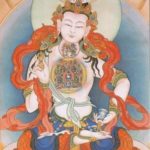

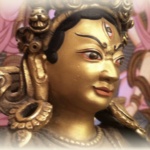
.jpg)
